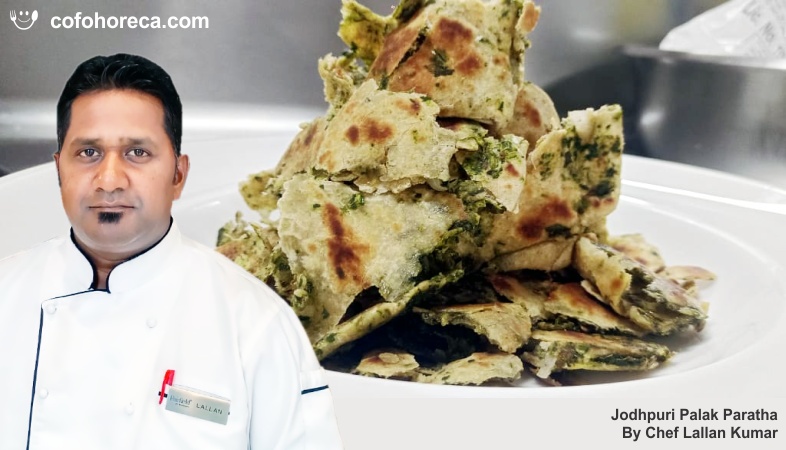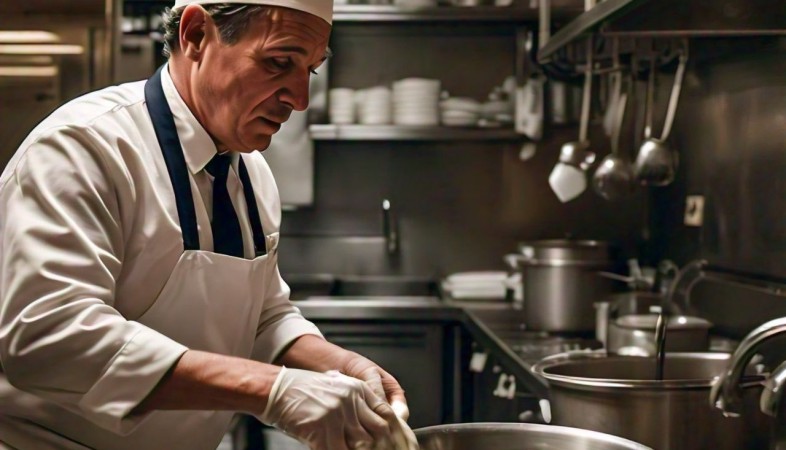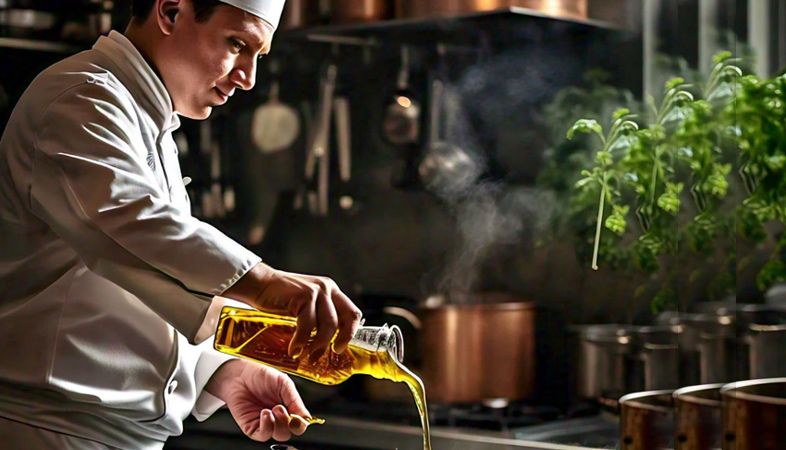SHARE
Commercials
More Posts
May 04, 2025
Jodhpuri Palak Paratha - By Chef Lallan Kumar
Jun 27, 2025
Uttam Das Appointed as Executive Chef at JW Marriott
May 04, 2025
Jodhpuri Palak Paratha - By Chef Lallan Kumar
Jun 27, 2025
Uttam Das Appointed as Executive Chef at JW Marriott
May 04, 2025
.png)












.jpg)















